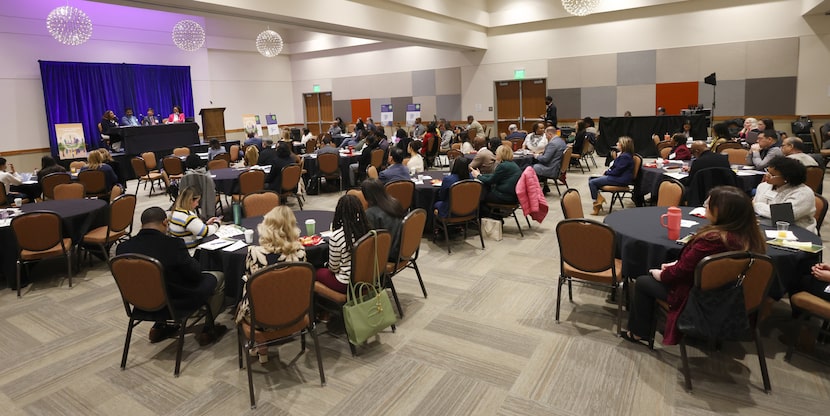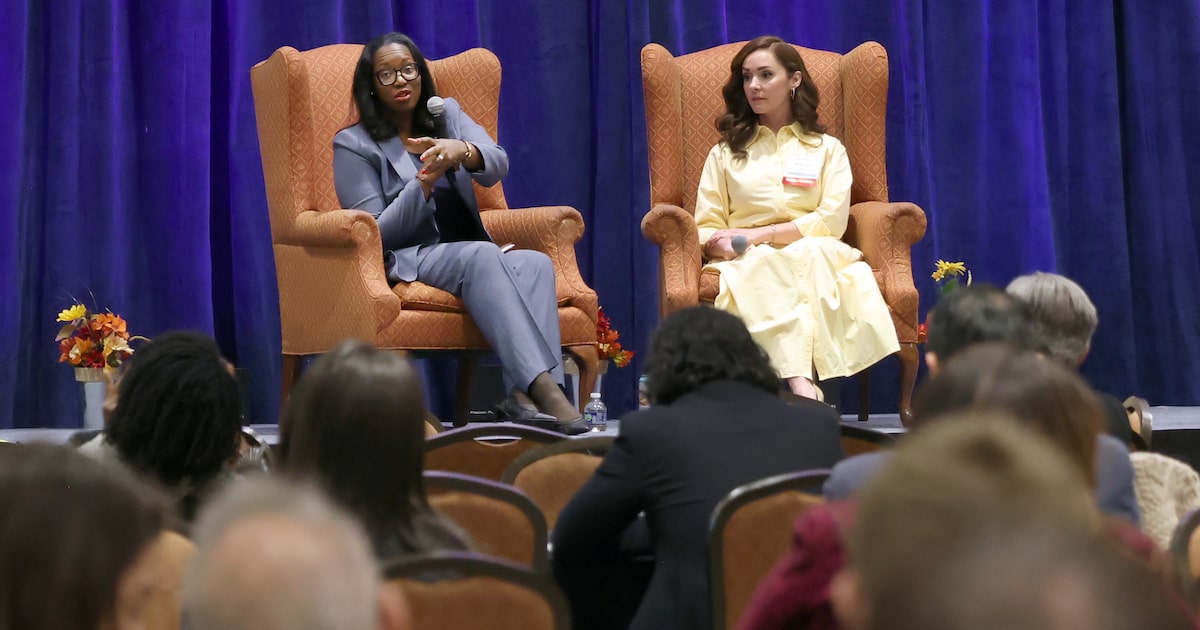Dallas is slowly making progress in reducing equity disparities among its residents since launching its first equity report in 2019.
The 2023 Equity Report was released on Friday at the sixth annual Equity Indicators Symposium held at Fair Park. For the first time, it is available in Spanish. The 2019 report detailed wide disparities among black and Hispanic residents, as reported by The Dallas Morning News.
“Things are not going to change from one to two years. You might look at our equity indicators and think we are not moving the needle,” said Dallas assistant city manager Elizabeth Cedillo-Pereira. “We set ourselves to collect the data, so people in our community don’t live with the injustice that we don’t recognize growing up until it’s too late.”
The Dallas Equity Report measures how the city is reducing racial disparities among its residents. The city has historically measured 60 unique topics grouped by equity indicators – in the areas of economic opportunity, education, neighborhoods and infrastructure, justice and government, and public health.
Targeting specific ZIP codes to provide vaccines and other health services, getting more minority business owners to partner with the city and mapping the city’s hottest areas to combat the urban heat island effect are some of the actions that have helped to close the equity gap.
The Dallas Equity Indicators project is a collaboration between the city of Dallas and Every Texan, a data-driven policy solutions nonprofit, using methodology developed by the University of New York’s Institute for State and Local Governance.
Dallas scored a 42.65 out of 100, compared to 41.22 in 2022 and 39.77 in 2019. The city measures its performance by scoring certain themes on a scale of 0 to 100, with the highest number signifying no disparities.
Lindsey Wilson, the director of the Dallas Office of Equity and Inclusion, said the report, which goes hand in hand with the Dallas Equity Racial Plan adopted in 2022, would serve as a guide for city officials and departments in making decisions.
Environmental justice
For its most recent report, Dallas added environmental justice as an indicator.
“We hear very loud and clear from residents and our Environmental Commission that we can’t talk about equity without talking about environmental justice,” said Wilson.
The symposium’s theme was “building a stronger economy through environmental justice.” Brian Larney, a Choctaw from Oklahoma and a citizen of the Seminole Nation, opened the event with a land recognition.
Jalonne White-Newsome, former director of the Environmental Justice at the White House Council on Environmental Quality, participated in a fireside chat with Kathryn Guerra Bazan, chair of the Dallas Environmental Commission, about the importance of residents getting involved at the local and state levels to advocate for better environmental policies.
“With environmental justice, sometimes you don’t see the benefit immediately. It’s not a sprint, it’s a marathon,” White-Newsome said. “We have laid the groundwork for policies and resources that I hope will serve communities not just in this administration’s ship but for years to come.”
Related:Dallas officials delay ‘Shingle Mountain’ rezoning until city tackles new state law
Dallas interim city manager Kimberly Bizor Tolbert, District 4 council member Carolyn King Arnold and District 10 council member Kathy Stewart spoke about how having data is an essential element in advancing and creating better policies for a more equitable city.
District 13 Councilmember Gay Donnell Willis presented the proclamation for National Racial Healing Day, which is observed on Jan. 21, 2025.
 A large group of attendees listen in on a panel discussion during a morning session at the sixth annual Equity Indicators Symposium at the Briscoe Carpenter Livestock Center at Fair Park in Dallas on Jan. 17, 2025. (Steve Hamm / Special Contributor)
A large group of attendees listen in on a panel discussion during a morning session at the sixth annual Equity Indicators Symposium at the Briscoe Carpenter Livestock Center at Fair Park in Dallas on Jan. 17, 2025. (Steve Hamm / Special Contributor)
More than 100 people were in the room, representing multiple nonprofits, local organizations, and neighborhood groups. Aria Miller and Leroy Temfu, chair and vice-chair of the Dallas Youth Environmental Commission, presented how they are working with high school students to get them involved in learning about environmental solutions and participating in local events.
Related:Texas Trees launches a five-year plan to make South Dallas more green
During the event, panelists and attendees shared their concerns about the incoming federal administration’s elimination or closure of equity and environmental justice offices.
Wilson said the city’s Office of Equity and Inclusion is not going anywhere and will continue to provide resources for the city.
“We know that this work is not only the right thing to do, but it is also important to make sure that people have access to things that are instrumental to the quality of life, like clean air,” Wilson said. “But if Dallas wants to continue to be this vibrant and diverse city where we speak over 90 different languages and we want to continue to grow and be this welcoming city, we need to address these disparities.”
